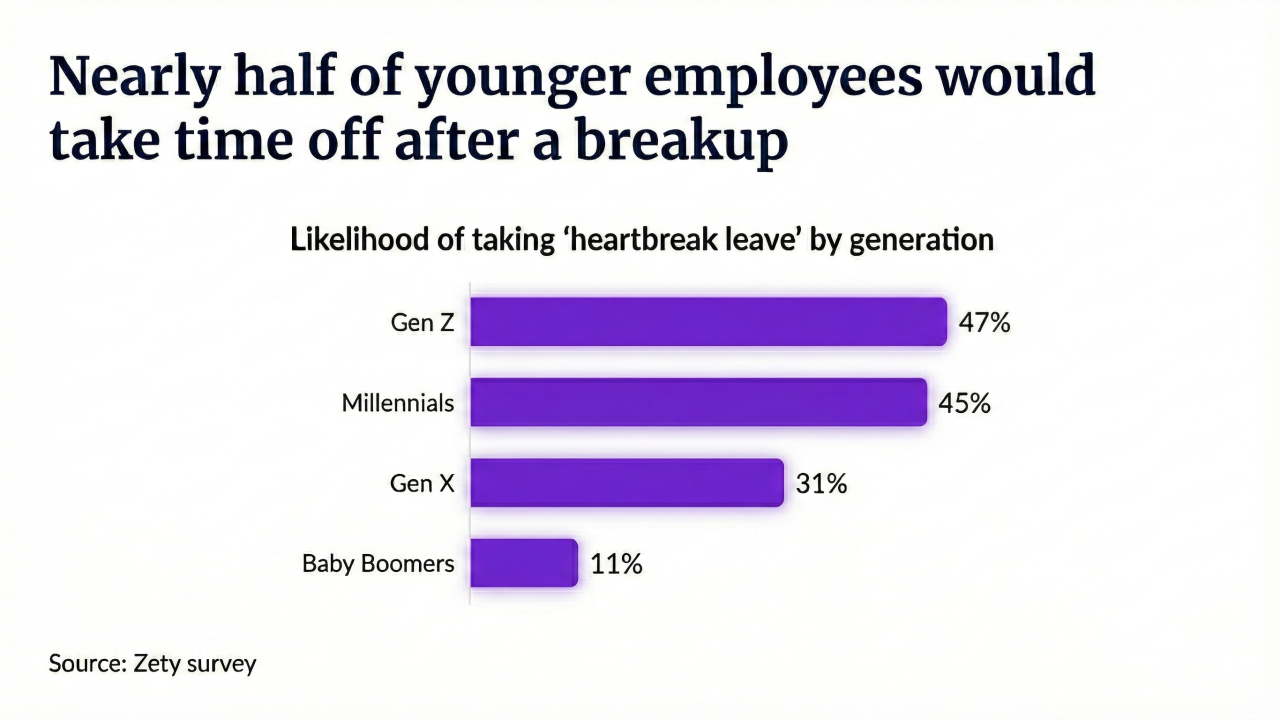(Bloomberg Gadfly) — The Republican party had seven years to draft a replacement for the Affordable Care Act. House leadership
The proposed bill manages to do about four things successfully: It cuts taxes for wealthy people, ends Medicaid as we know it to help pay for those tax cuts, reduces the number of Americans who can afford health insurance, and angers such a wide variety of voting constituencies that it is effectively dead on arrival.
That's bad news for anyone hoping for a relatively quick and orderly transition from the ACA. But the dysfunction may actually be good news for hospitals and Medicaid-focused insurers. Shares of those companies have crashed since President Donald Trump's election, on the assumption the ACA's Medicaid expansion would be wiped out. But in this bill, cuts to the program are delayed by several years. And the fact that the proposal is so very unviable reduces the downside risk even further.

Why so dead? Republicans need 50 votes to pass the bill in the Senate.
Democrats won't support a bill that cuts taxes for the wealthy and could make health insurance unaffordable for many. They'd rather keep the ACA. That's 48 votes gone. Four moderate Republicans
Very conservative members of the Republican party dislike the inclusion of refundable tax credits for low-income Americans. Sen. Rand Paul of Kentucky called the bill "Obamacare Lite"
The Congressional Budget Office, a nonpartisan group that analyzes the cost and impact of legislation, has yet to score this bill. Such an analysis will likely show the plan is expensive in both dollars and lost insurance coverage. That may switch the vote of
There will likely be negotiations and fixes, and the Senate version of this bill will differ from the House's. But what's arguably the core proposition of the bill -- gutting Medicaid to pay for tax cuts and changing who gets tax credits -- is exactly what dooms it to failure. That may not be fixable.
Razor thin
If Republicans lose 3 votes on their ACA replacement bill, it won't pass, and there are several avenues by which that could happen
House leadership has also yet to explain how to pay for the bill. The idea in previous drafts was to tax employer health benefits. But after it became clear that approach was a political landmine and would dramatically shake up the employer health insurance market, it disappeared from this draft.
A prolonged fight over this bill will be disruptive for everyone in the health-care sector. But the legislative incompetence on display here means the GOP may never actually succeed in killing the Medicaid expansion. And this bill suggests there has already been some GOP moderation on Medicaid. That ought to remove some of the pall over insurers and providers (not to mention the patients) involved in the program.
This column does not necessarily reflect the opinion of Bloomberg LP and its owners.





